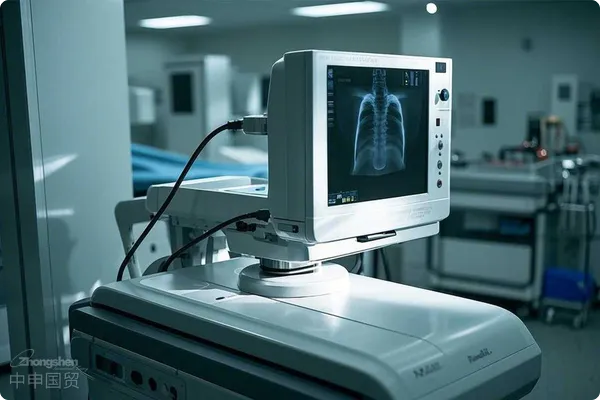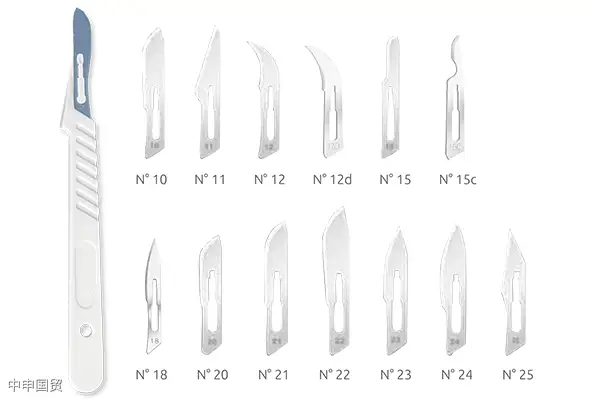- Shanghai Zhongshen International Trade Co., Ltd. - Two decades of trade agency expertise.
- Service Hotline: 139 1787 2118
In the globalized trade landscape, pharmaceutical exports represent a critical sector, particularly for countries with stringent drug regulations like Japan. How can one successfully navigate this challenging regulatory environment and smoothly export pharmaceuticals to Japan? This article aims to provide a detailed guide for pharmaceutical exports, helping stakeholders understand the procedures, essential qualification requirements, and certification processes to effectively overcome barriers in the Japanese pharmaceutical market.
I. Basic Procedures for Exporting Pharmaceuticals to Japan
The process of exporting pharmaceuticals to Japan involves multiple stages, each requiring strict compliance with Japanese laws and regulations to ensure smooth importation.
Market Research and Partner Establishment: Preliminary market research is essential, including assessing demand for the target pharmaceutical in Japan, competitive landscape, and potential partners. Additionally, understanding specific requirements from Japans pharmaceutical regulatory authorities is a key task at this stage.
Pharmaceutical Registration and Approval: In Japan, all pharmaceuticals must obtain approval from the Ministry of Health, Labour and Welfare before market entry. This involves submitting detailed product information, such as clinical trial data, manufacturing processes, and quality control standards.
Production and Quality Control: Ensuring manufacturing complies with Good Manufacturing Practice (GMP) standards is a prerequisite for exporting pharmaceuticals to Japan. Furthermore, each batch of pharmaceuticals must undergo quality testing before export to meet Japans drug safety standards.

II. Key Documents and Qualifications Required for Pharmaceutical Exports to Japan
Successfully exporting pharmaceuticals to Japan requires not only stringent production standards but also a series of supporting documents and qualifications for the application process.
Pharmaceutical Business License: The exporting company must hold a pharmaceutical business license, which serves as the foundation for its legal production and sale of pharmaceutical products.
2. Pharmaceutical Export Sales Certificate: An export sales certificate issued by Chinas pharmaceutical regulatory authorities, indicating that the pharmaceutical products have obtained domestic sales approval and comply with export regulations.
GMP Certificate: The GMP certificate is an internationally recognized proof of production quality standards and is one of the essential documents for exporting pharmaceutical products to Japan.
III. Japans Pharmaceutical Import Regulatory Authorities and Requirements
In Japan, the import regulation of pharmaceutical products is overseen by the Ministry of Health, Labour and Welfare (MHLW) and its subordinate agency,Medical Equipmentthe Pharmaceuticals and Medical Devices Agency (PMDA).
1. Responsibilities of Regulatory Authorities: These agencies are responsible for reviewing the safety, efficacy, and quality of pharmaceutical products, ensuring that all drugs sold in the Japanese market meet the countrys high standards.
2. Drug Approval Process: This includes the application, review, approval, and supervision of pharmaceutical products. Any company wishing to sell drugs in the Japanese market must follow this process, typically requiring extensive documentation and data to support drug approval.
3. Post-Import Supervision: Even after a drug is approved for market entry, Japans Pharmaceutical and Medical Devices Agency (PMDA) continues to monitor its market performance and safety to ensure public health is not compromised.
In summary, exporting pharmaceutical products to Japan is a complex, multi-layered process that requires companies to maintain high-standard production processes, prepare comprehensive documentation, and adhere to strict regulatory requirements. Through in-depth understanding and meticulous preparation, companies can effectively navigate these challenges and successfully introduce their pharmaceutical products to the Japanese market.
Related Recommendations
Category case
Contact Us
Email: service@sh-zhongshen.com
Related Recommendations
Contact via WeChat

? 2025. All Rights Reserved. Shanghai ICP No. 2023007705-2  PSB Record: Shanghai No.31011502009912
PSB Record: Shanghai No.31011502009912









